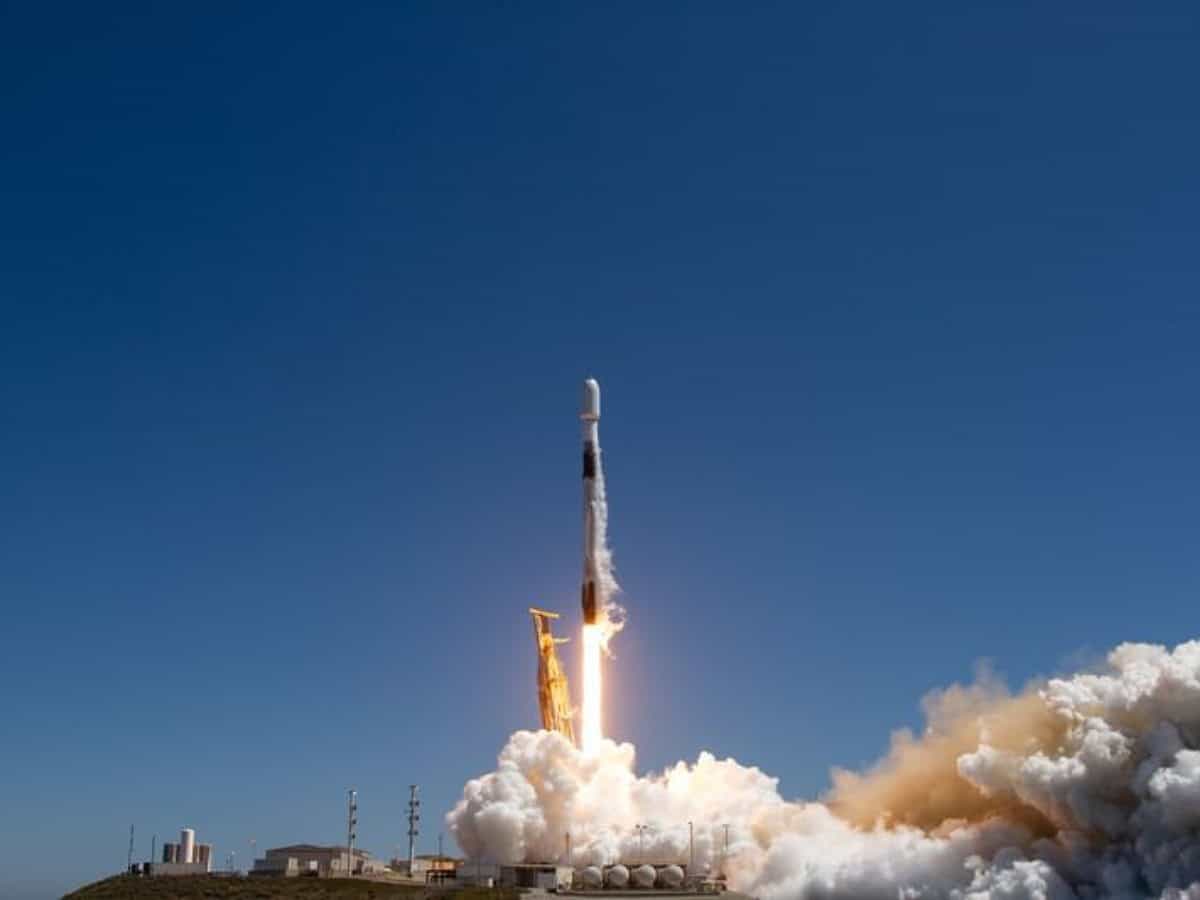
In a significant milestone, the United Arab Emirates (UAE) launched its first Low-Earth Orbit (LEO) Synthetic Aperture Radar (SAR) satellite into orbit for earth observation on Friday, August 16.
The launch was carried out by AI-powered geospatial solutions provider Bayanat, and the UAE’s Al Yah Satellite Communications Company (Yahsat), in partnership with ICEYE, a pioneer in SAR satellite operations for earth observation, persistent monitoring, and natural catastrophe solutions.
The SAR satellite was launched via integrator Exolaunch and successfully lifted off aboard SpaceX’s Transporter 11 rideshare from Vandenberg Space Force Base in California, the Emirates News Agency (WAM) reported.
The satellite has established communication, and early routine operations are underway.
As part of the Earth Observation Space Programme, this satellite debuts the comprehensive SAR constellation that will deliver high-resolution, persistent monitoring solutions.
Unlike traditional optical imaging satellites, SAR can capture images day and night, regardless of weather conditions or solar illumination.
The satellite will utilize SAR technology, an active sensing system that illuminates Earth’s surface and measures reflected signals to produce high-resolution images.
Hasan Al Hosani, Bayanat’s managing director, said that the launch “marks a highly anticipated milestone for both of their collaborative efforts and for the UAE”.
“This is a triumphant moment for Bayanat and a defining step towards our future as Space42,” he said.
“Inaugurating our Earth observation capabilities, including the debut of our SAR satellite constellation, will further strengthen our position as a leader in AI-powered geospatial analytics.”
“The SAR satellite constellation to be launched over the next three years will enable us to expand as a multi-orbit satellite operator, encompassing geostationary orbit and low-Earth orbit satellites while also developing satellite manufacturing capabilities in the UAE,” saidAli Al Hashemi, chief executive of Yahsat.

